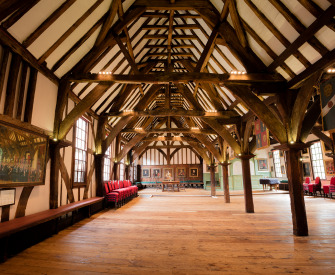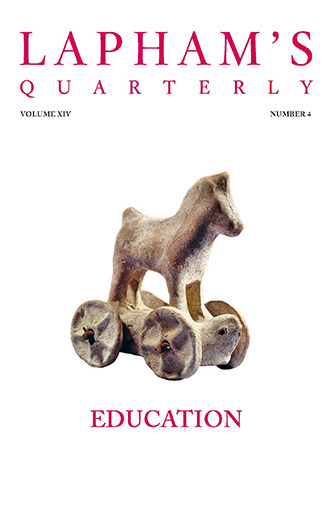The law is the rival of divinity, the oracle of religion, the source of instruction, the artificer of right, the guardian and promoter of good morals, the rudder of the state, the messenger of justice, the mistress of life, the soul of the body politic.
The law rules every order of the state and every condition of man; it governs wives and husbands, youth and age, the learned and the ignorant, the polished and the rude. It aims to provide the highest degree of safety for both prince and people, and in renown and excellence, it is as conspicuous as the noonday sun.
The law should be plain and not lead any citizen to commit error or fraud. It should be suitable to the place and the time, according to the character and custom of the state; prescribing justice and equity; consistent, honorable, worthy, useful, and necessary; and it should be carefully noted whether its provisions are framed rather for the convenience than for the injury of the public so that it may be determined whether it sufficiently provides for the administration of justice, whether or not it appears to be contrary to religion, and whether it defends the right and may be observed without detriment to anyone.
Laws are made for these reasons: that human wickedness may be restrained through fear of their execution, that the lives of innocent men may be safe among criminals, and that the temptation to commit wrong may be restrained by the fear of punishment.
From the Visigothic Code. Meant to combine and supplant the two separate legal systems used by the Germanic and Roman populations of the Iberian Peninsula, this code, which would become the basis of medieval Spanish law, was commissioned by the Visigothic king Chindaswinth. After his death in 653, it was completed and promulgated by his son Recceswinth, whose ascension to the throne provoked rebellion among the nobility because, contrary to Visigothic tradition, he had not been elected.
Back to Issue


